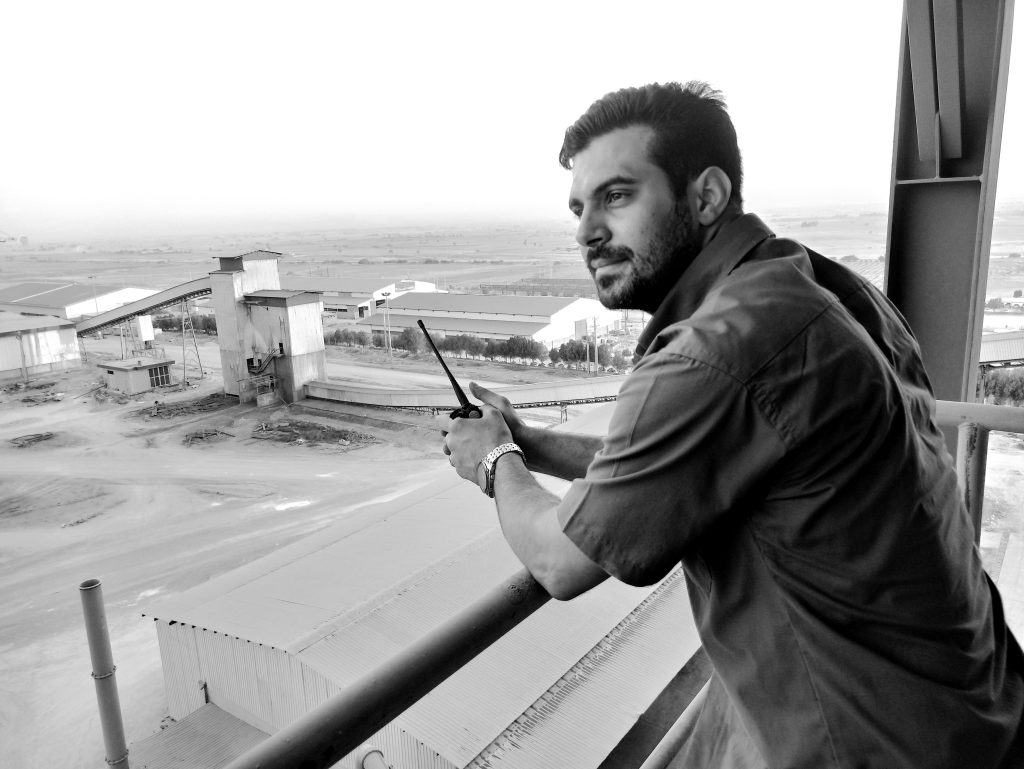Iran Promises Retaliation Against Israel Following Assassination of Hamas Leader
In a dramatic escalation of tensions in the Middle East, Iran has firmly declared its intention to retaliate against Israel for the assassination of Hamas’ political leader, Ismail Haniyeh, which occurred in Tehran last week. Iranian officials have made it clear that this event will not go unanswered, with President Masoud Pezeshkian stating unequivocally that Tehran will ‘definitely’ respond to what they perceive as an aggressive act by Israel.
This incident has sent shockwaves through the region, as both Hamas and Iranian authorities hold Israel accountable for the killing. The situation is particularly precarious, with analysts warning that the threat of an Iran-Israel war looms larger than before. The dynamics have shifted since Iran’s first direct attack on Israel earlier this year, suggesting a potentially more volatile environment in which both nations are now operating.
The assassination has heightened fears of a broader conflict, and Israeli Prime Minister Benjamin Netanyahu has convened his security cabinet to discuss possible counterstrikes. The atmosphere in Israel is tense, with citizens acutely aware of the risks that this retaliation might entail. Many are left watching and waiting, bracing for a response that could further destabilize an already fraught region.
Recent statements from Iranian officials have underscored the seriousness of their intentions. They have issued warnings that the response will come at a time and place of their choosing, with military analysts suggesting that Iran has a range of options at its disposal. The last two weeks have seen an unprecedented escalation of events, raising alarms among security experts about the potential for a major regional conflict that could draw in various factions and escalate beyond the control of either nation.
As tensions mount, the international community watches closely, aware that any miscalculation could lead to a broader conflagration. Iran’s vow to retaliate signals a pivotal moment in Middle Eastern geopolitics, one that could redefine alliances and hostilities in the region. The stakes are undeniably high, and the potential repercussions of this conflict could resonate far beyond the immediate actors involved. The coming days and weeks will be critical in determining whether diplomatic efforts will prevail or if the cycle of violence will continue unabated.
In summary, the assassination of Ismail Haniyeh has sparked a significant response from Iran, which has vowed to retaliate against Israel, raising the specter of a wider conflict in the region. As both sides prepare for possible escalations, the world holds its breath, hoping for a resolution to this dangerous standoff.
Tags: Hamas, Iran, Iran retaliation Israel, Israel, Middle East Conflict, Retaliation
Tensions Escalate as Iran and Israel Stand on the Brink of Conflict
In a week marked by escalating tensions in the Middle East, diplomatic efforts are intensifying to stave off a potential war between Iran and Israel. The United States has voiced its concern over the rising hostilities, urging G7 allies to apply diplomatic pressure to prevent further escalation. The situation is delicate, and the stakes are high as both nations prepare for possible military actions.
Israeli Prime Minister Benjamin Netanyahu has convened his security cabinet to discuss countermeasures in response to recent attacks, which have heightened fears of a broader conflict. Hamas and Iranian officials have placed the blame on Israel for the increased violence, suggesting that retaliation may be imminent. This week is critical, as the outcomes could significantly influence not only the war in Gaza but also the regional balance of power.
Iran has communicated its intentions to Israel through diplomatic channels, with Hungary’s Foreign Minister relaying a message that has raised alarms in Jerusalem. Observers are closely watching these developments, as they could lead to a significant shift in the dynamics of the ongoing conflict.
The geopolitical landscape is further complicated by the arrival of a high-ranking Russian delegation in Tehran, led by Sergei Shoigu, the Secretary of Russia’s National Security Council. This visit underscores the strategic interests of major powers in the region and highlights the need for careful diplomacy to avoid a full-blown conflict.
As both nations prepare for possible military actions, Israeli officials are ramping up their air defense capabilities and exploring first-strike options. The military readiness reflects the seriousness with which Israel views the threat from Iran, especially in the wake of recent provocations.
Global leaders are now faced with the challenge of navigating this complex situation. The United States has reiterated its commitment to limiting attacks and responses, advocating for a diplomatic solution to the escalating tensions. The urgency of the matter cannot be overstated, as the consequences of miscalculation could lead to widespread conflict in an already volatile region.
The international community is urging restraint and dialogue, recognizing that the potential for a regional war looms large. With lives at stake and the potential for widespread destruction, the call for diplomacy has never been more pressing. Observers remain hopeful that through concerted international efforts, a peaceful resolution can be achieved before it’s too late.
As tensions continue to rise, the world watches with bated breath, hoping for a de-escalation of hostilities and a return to diplomatic negotiations. The coming days and weeks will be crucial in determining the course of this conflict, with the potential to reshape the regional landscape for years to come.
Tags: Diplomatic Efforts, Iran attack Israel Israeli, Iran-Israel Tensions, Middle East Conflict, Military Readiness


